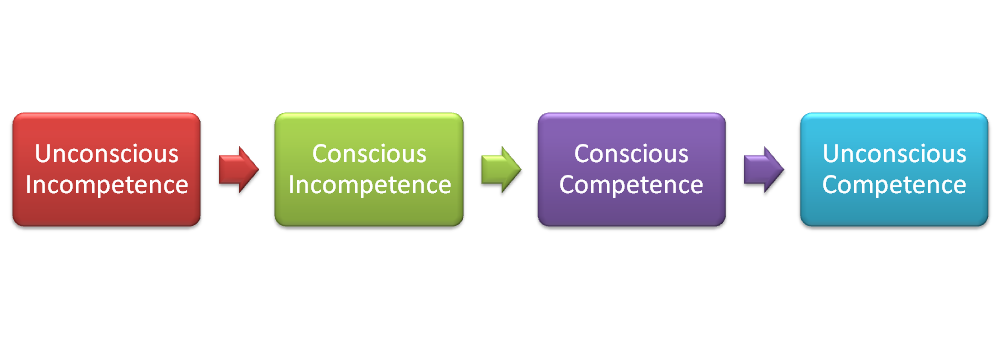For twenty years, the technology industry has been enthusiastically preaching the message ‘computers are easy’ to the unsuspecting public - people who have, unsurprisingly, believed the myth is true.
The myth of easy computing is very alluring - perhaps this is why we have, as an industry, fallen for it so thoroughly. Unfortunately, it’s a myth that has caused a great deal of pain and cost a vast amount in terms of lost productivity and lost information.
Consider, for example, the amateur expert - I’m sure you know who I mean. This guy (and it’s almost always a guy) has no formal training about computers, but he’s been using them for years and he seems very confident about what he’s doing. He has a group of dependent users for whom he supplies tech support, and whom all believe him when he opines on the superiority of AMD over Intel (or vise versa) and the evils of Microsoft.
The trouble is, this amateur expert actually knows next to nothing, with the computers often working in spite of his efforts, not because of them. Lacking a sound understanding of what’s going on under the hood, troubleshooting is little more than poking around at random until the problem goes away.
It’s not that I’m saying this guy is a dullard - far from it, he’s usually highly intelligent and motivated to help people out. His heart is in the right place.
The problem is that, having believed the myth that computers are easy, and knowing that he’s smart, the amateur expert assumes that his success the result of his own efforts. He’s therefore unlikely to seek out further information (or, heaven forbid, actual assistance) when things get complicated.
Recently Ed Bott, blogger at ZDnet, wrote:
Welcome to the 21st century, people. Personal computers are the most complicated products the average human will encounter in their lifetime. Each one is made up of hundreds of internal and external parts chosen from millions of alternative sources, run by software that consists of millions of lines of code, and infinitely customisable. The surprise is not that these complex products occasionally need fixing, but rather that they work so well, so often, for so many people.
Modern computers are complicated. Really complicated. Sure, they only do exactly what they are told - but those instructions don’t arrive in real time. Most of the instructions are stored and encoded, in circuits and magnetic domains, awaiting activation.
When you sit in front of your computer, it’s not dancing solely to your instructions, but to the tune of everyone who was involved in designing any part of the machine. With 30,000 or more people calling the shots, it’s amazing the machines work at all.
Most drivers understand that their vehicle is great transportation - as long as it is well maintained, and operated within certain well noted boundaries, the vehicle is both safe and useful. Most drivers also recognise the limits of the vehicle and of their own skill. An Austin 7 is never going to break 100mph, and if your car can go that fast, doing so near a school is both reckless and illegal.
A similar situation should apply to computing - our customers (users) need to understand something of the complexity of the tools they use and of the limits past which some professional guidance is necessary.
Personally, I’d much rather spend a few hours helping someone identify the right solution for their problem than a few weeks cleaning up the debris left by the wrong decision.
How can we educate our users, help them to understand how to achieve their own goals safely?
I’ve worked with very many highly intelligent, motivated and smart business people who have been needlessly handicapped (blinded) by the myth that computers are easy - people who have overlooked good solutions simply because they didn’t understand the issues, didn’t even realise what they didn’t know.
Years ago, I learnt of the ‘Four stages of competence’:

It seems to me that the myth of easy computing serves to lock our users into the ‘Unconscious Incompetence’ stage, denying them the option of learning more, achieving more by convincing them that they need to know nothing more.
How do we extricate ourselves from this hole we’ve dug? I don’t know - but I do believe it’s necessary.
Perhaps one place to start is by carefully educating those around us, where we can, showing them the limitations and possiblities of our technology.



